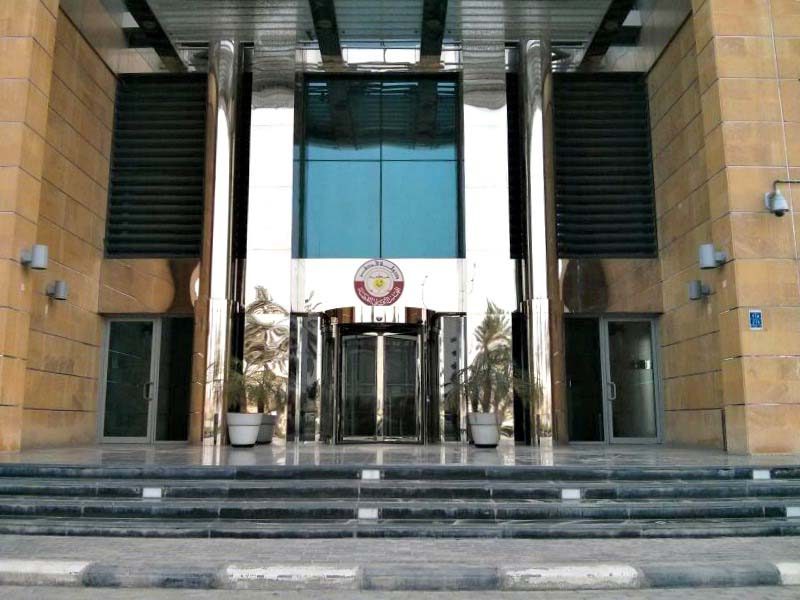
An espionage conviction against three Filipino men was upheld by Qatar’s Court of Appeals this morning despite a defense lawyer’s argument that there was no evidence that the men were spies.
However, a judge reduced their sentences following the year-long appeal hearing.
One man initially facing death was given a life sentence in prison, which in Qatar means a 25-year jail term. His two co-defendants had their prison sentences reduced from life to 15 years.
The judge did not articulate the reasons for his decision when reading out the verdict.

The three men were convicted by a lower court in April 2014 of espionage for passing along military and economic secrets to their home government.
The defendant initially sentenced to death was reportedly a lieutenant in the Philippines state security force who worked as a budgeting and contracting supervisor at Qatar Petroleum.
The two men who received life sentences in prison worked as technicians for the Qatar Air Force.
Lack of evidence
The exact nature of the allegations against the trio remains unclear.
The defense lawyer representing the men argued that there was no evidence supporting the espionage charges, beyond a confession that he said was obtained under torture.
Some reports suggested that the men – who were arrested in 2010 – were accused of passing along classified information about Qatar’s aircrafts, weapons and members of its armed forces to intelligence officials in the Philippines.

But others following the case say the charges relate to economic secrets surrounding Qatar’s offshore oil and gas reserves that somehow ended up in the hands of foreign companies.
Last May, the Philippines government vehemently rejected the accusations as the men’s appeal hearing got underway.
“We categorically deny that we are engaged in espionage,” Philippines Foreign Affairs spokesperson Charles Jose said at the time in the country’s first public comments on the issue.
Outside of court today, Wilfredo Santos – the Philippines Ambassador to Qatar – said he “welcomed” the reduced sentences.
Speaking to reporters, he said embassy officials are “prepared to exhaust all necessary legal avenues” but stopped short of explicitly saying that today’s verdict would be appealed to Qatar’s highest court, the Court of Cassation.
Defense arguments
In his closing statement in March, a defense attorney argued that his clients were not involved in anything remotely resembling espionage, and that the only allegations of substance against the lead defendant were of corruption and embezzlement for personal financial gain.

He suggested in court that the information that the defendants are accused of leaking – such as the helicopter and airplane models purchased by Gulf countries – is publicly available on the internet.
For his part, the prosecutor did not not present any arguments during the appeal trial, which lasted one year and was dominated by procedural issues that prompted the rescheduling of several sessions.
The case has drawn the attention of human rights activists, who had urged the Qatar government to investigate allegations that the men had been tortured while in custody.
Ahead of today’s verdict, Amnesty International published a first-person narrative written by a daughter of one of the convicted men.
The young woman, who is now 17 years old, described how a team of police officers from Qatar’s Criminal Investigation Department (CID) came to the family’s house to arrest her father.
She ended with a plea for the Qatar authorities to exonerate her father:
“I ask them to set him free at last and return what they took from us for the past five years. Those men responsible for taking him, torturing him and imprisoning him can correct their mistake now, before it’s too late.”
Thoughts?







